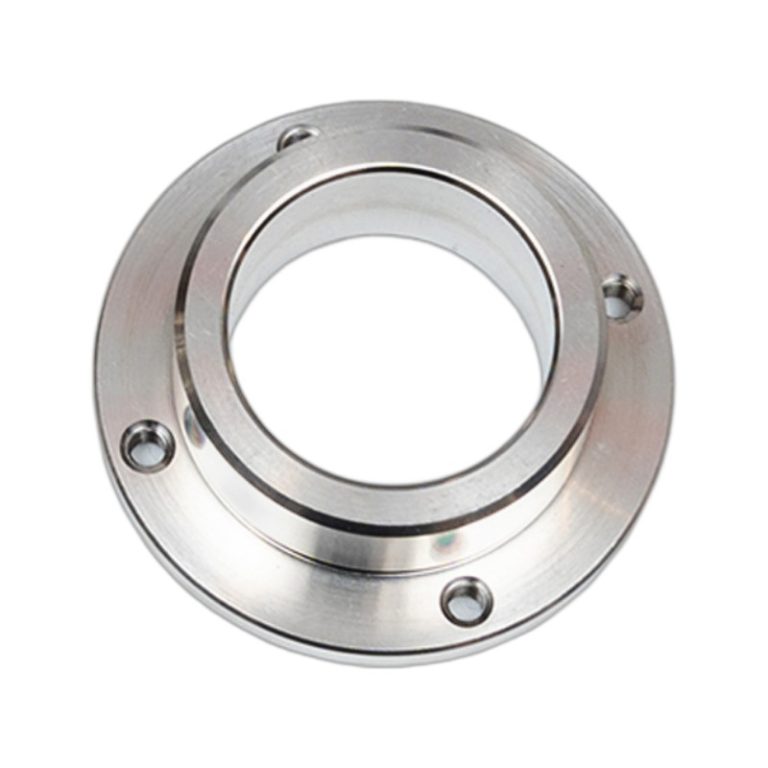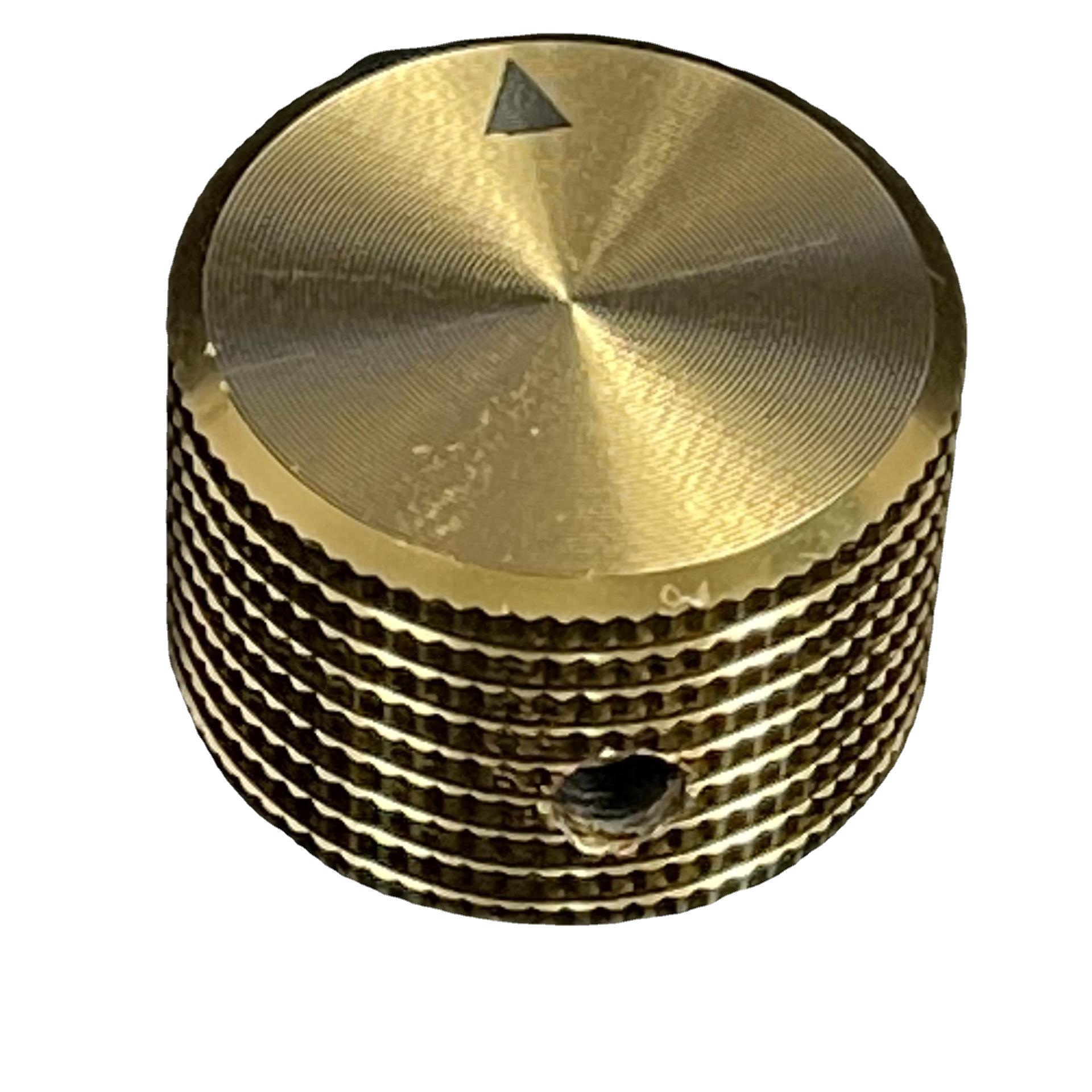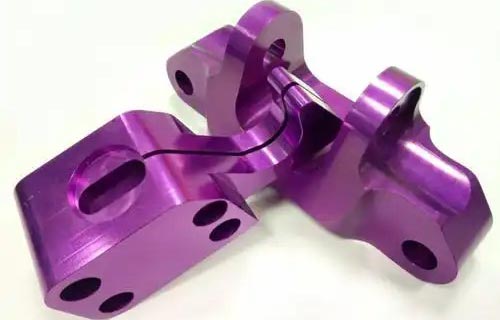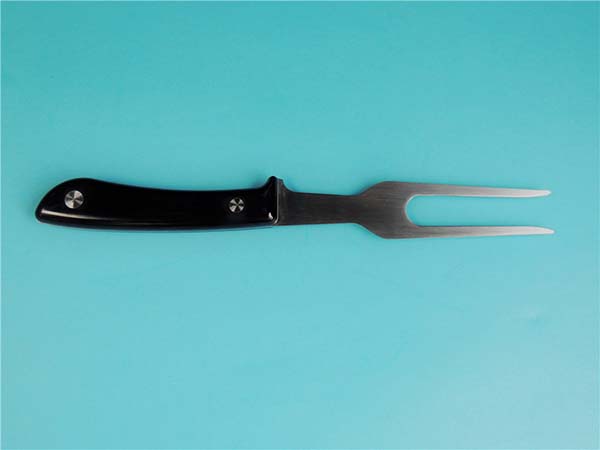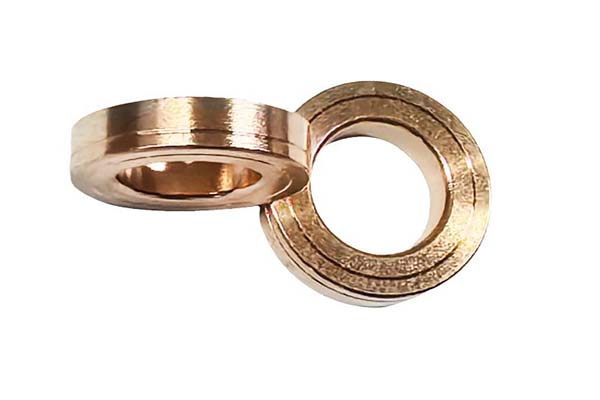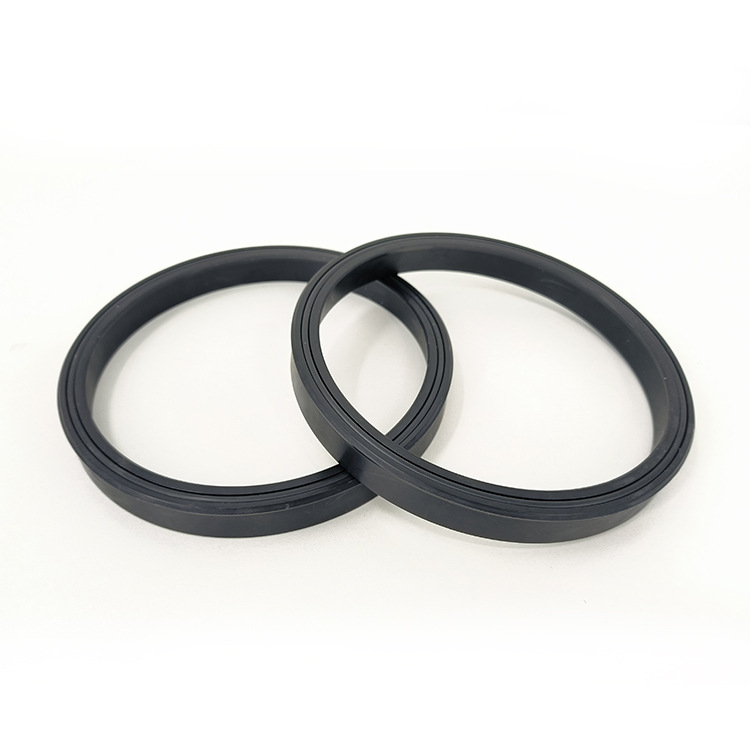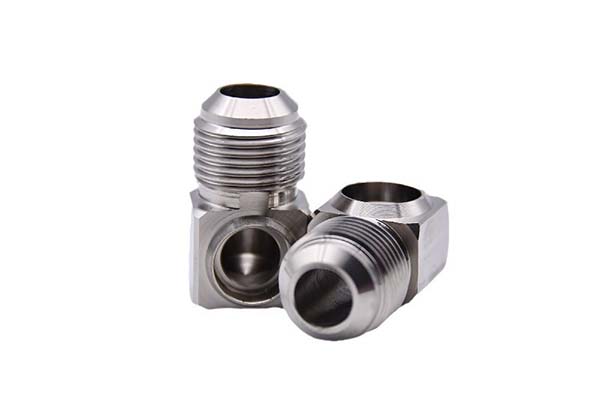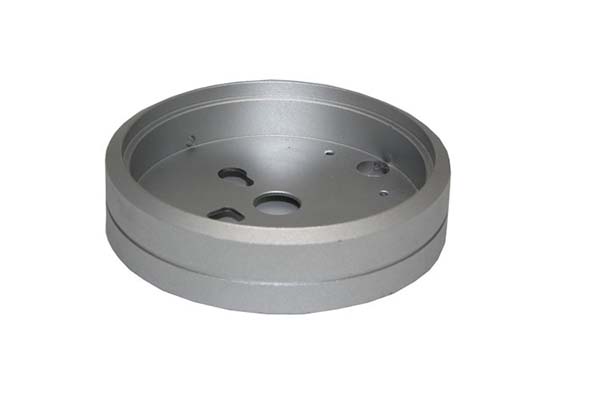Understanding CNC Turning Services
Definition and Process of CNC Turning
CNC turning (Computer Numerical Control turning) is a precision machining process used to create parts with a rotational symmetry, such as shafts, cylinders, and gears. The process involves rotating a workpiece against a stationary cutting tool to remove material, gradually shaping it into the desired design. Here’s a breakdown of the process:
- Design Phase: The first step is to create a detailed 3D model of the part using CAD (Computer-Aided Design) software.
- Programming: The design is then converted into machine-readable instructions using specialized programming languages, such as G-code.
- Setup: The workpiece is securely mounted on the CNC lathe, and the appropriate cutting tools are selected.
- Machining: The CNC machine follows the programmed instructions to remove material, shaping the part with high precision.
- Inspection and Quality Control: Once machining is complete, the part is inspected to ensure it meets the required specifications for tolerance, surface finish, and functionality.
Advantages of CNC Turning Over Other Machining Methods
CNC turning offers several distinct advantages over manual turning and other machining methods:
- High Precision: CNC turning machines can achieve exceptionally tight tolerances (as precise as ±0.001 inches or ±0.025 mm), ensuring parts are made with high accuracy.
- Efficiency: The automated nature of CNC turning reduces human error and speeds up production, making it ideal for both small-batch prototyping and high-volume manufacturing.
- Versatility: CNC turning can handle a wide range of materials, including metals, plastics, and composites, which makes it adaptable to various industries.
- Complex Geometries: With multi-axis turning machines, CNC turning can create complex shapes and features that would be challenging or impossible with traditional methods.
- Cost-Effectiveness: Although the initial setup for CNC turning may be higher, its precision, speed, and reduced waste lead to lower per-unit production costs, particularly for larger runs.
Capabilities of CNC Turning Services
Materials Handled: Metals, Plastics, and Composites
Local CNC turning services are capable of machining a wide variety of materials to suit different industrial needs:
- Metals: CNC turning is ideal for a wide range of metals, including aluminum, steel, stainless steel, brass, copper, and titanium. These materials are commonly used in aerospace, automotive, and industrial applications due to their strength, durability, and corrosion resistance.
- Plastics: CNC turning can also be used to machine plastics such as ABS, nylon, polycarbonate, and PEEK. These materials are widely used in electronics, medical devices, and consumer goods.
- Composites: CNC turning is well-suited for composite materials like carbon fiber and fiberglass, which are used in industries such as aerospace, automotive, and sports equipment due to their lightweight and high-strength properties.
Tolerances and Surface Finishes Offered
CNC turning services can achieve tight tolerances and high-quality surface finishes:
- Tolerances: CNC turning machines are capable of achieving tolerances as tight as ±0.001 inches (±0.025 mm), ensuring high precision even for complex parts.
- Surface Finishes: Depending on the requirements, CNC turning can produce a variety of surface finishes, from rough (for functional parts) to mirror-like finishes (for aesthetic or high-performance components).
Maximum Part Sizes and Machine Capabilities
The size and complexity of the parts that can be produced depend on the CNC turning machine's capabilities:
- Small Parts: CNC turning can accommodate small parts with diameters as small as a few millimeters.
- Large Parts: Larger CNC lathes can handle parts up to several feet in length, depending on the machine’s capacity and tooling.
- Complexity: With multi-axis CNC machines, turning can be used to create highly complex geometries and features, such as grooves, threads, and contours, in a single operation.
Industries Served by CNC Turning Services
CNC turning services serve a wide range of industries, each with its own unique requirements for precision and reliability:
Aerospace and Defense
The aerospace and defense industries rely on CNC turning for the production of critical components that must meet stringent quality standards. These include parts for aircraft engines, landing gear, avionics, and military equipment, where precision and reliability are of utmost importance.
Automotive Manufacturing
CNC turning is widely used in the automotive industry for the mass production of high-precision parts, including crankshafts, transmission components, engine blocks, and gears. The ability to produce these parts quickly and accurately allows automotive manufacturers to meet high demand while maintaining quality standards.
Medical and Healthcare Equipment
In the medical field, CNC turning plays a critical role in the production of precise components for medical devices such as surgical instruments, implants, and diagnostic equipment. These parts must meet strict regulatory standards and provide the necessary functionality for patient safety.
Industrial Automation and Robotics
The industrial automation sector relies on CNC turning for producing components like robotic arms, gears, bearings, and shafts, which are essential for ensuring the reliability and efficiency of automated systems in manufacturing plants.
Applications of CNC Turning Services
CNC turning is highly versatile and can be used to manufacture a wide range of components across various industries. Some of the most common applications include:
Shafts, Cylinders, Tubes, and Gears
CNC turning is particularly well-suited for manufacturing symmetrical components, such as shafts, cylinders, tubes, and gears. These components are commonly used in industries such as automotive, aerospace, and machinery, where their symmetrical properties are crucial for performance.
Precision Tools and Components
CNC turning services are ideal for producing precision tools and components used in manufacturing, construction, and engineering applications. These parts require exact dimensions and surface finishes to ensure they function correctly and consistently.
Micro-mechanical and Micro-electromechanical Components
CNC turning also excels at producing small, high-precision parts for applications such as electronics, sensors, and medical devices. Micro-scale components must meet extremely tight tolerances to ensure proper functionality and safety.
Choosing a CNC Turning Service Provider
When selecting a local CNC turning service provider, consider the following factors to ensure you choose the right one for your project:
Factors to Consider When Selecting a Provider
- Experience and Expertise: Look for a provider with a proven track record in the specific industry or type of part you need. Experienced providers are more likely to handle complex projects and meet your quality expectations.
- Capabilities: Ensure the service provider has the equipment, tools, and technology necessary to meet your project requirements, such as multi-axis lathes for more complex geometries or specific material handling capabilities.
- Quality Assurance: A reliable CNC turning provider should have robust quality control processes in place to ensure the consistency and precision of their work. Look for certifications such as ISO 9001 or industry-specific certifications like AS9100 for aerospace or IATF 16949 for automotive.
- Customer Support: Effective communication and customer support are essential for project success. A good provider should be responsive, easy to work with, and able to offer technical advice and solutions when needed.
Quality Assurance and Certifications
Quality assurance is crucial when selecting a CNC turning provider. Certifications such as ISO 9001 (general quality management), AS9100 (aerospace), or IATF 16949 (automotive) can serve as indicators of the provider's commitment to meeting rigorous industry standards. These certifications reflect the company’s ability to consistently produce high-quality products that meet client specifications.
Customer Reviews and Testimonials
Reading customer reviews and testimonials is an excellent way to assess the reliability and performance of a CNC turning service provider. Positive feedback can give you confidence in their ability to deliver consistent results and meet deadlines.
Case Studies and Success Stories
Reviewing case studies or success stories from past projects can provide valuable insight into how a CNC turning provider has successfully solved challenges in similar industries or applications. Look for examples that highlight the provider's technical capabilities, problem-solving skills, and ability to deliver high-quality results on time.
Examples of Successful Projects in CNC Turning
Here are some examples of how CNC turning services are applied across different industries:
- Aerospace: CNC turning services produced precision landing gear components for a new aircraft model, meeting the strict quality and safety standards required by the aerospace industry.
- Automotive: A CNC turning provider worked with a major car manufacturer to produce high-volume crankshafts, achieving tight tolerances and high-quality surface finishes.
- Medical: CNC turning was used to produce complex surgical instruments with high precision and smooth surfaces to minimize tissue damage and enhance performance in medical procedures.
- Industrial Automation: A local provider manufactured robotic arm components for an automated production line, ensuring smooth operation and minimal wear over time.
Benefits Realized by Clients in Various Industries
Clients across different industries realize several key benefits from using CNC turning services:
- Improved Productivity: CNC turning offers faster production times, which helps increase overall efficiency and throughput while minimizing downtime.
- Enhanced Quality: The precision and consistency of CNC turning ensure that each part is manufactured to exact specifications, improving product quality.
- Cost Savings: The efficiency of CNC turning results in reduced material waste, fewer errors, and more cost-effective production, particularly for larger runs.
- Innovation: CNC turning allows manufacturers to produce complex and innovative designs, driving product development and competitive advantage.
- Compliance: CNC turning services ensure that parts meet industry-specific standards and regulations, ensuring safety, reliability, and legal compliance.
Conclusion
Local CNC turning services offer a wide range of capabilities that make them indispensable for industries requiring high precision, efficiency, and versatility. Whether you’re manufacturing parts for aerospace, automotive, medical, or industrial automation applications, CNC turning can provide the accuracy and reliability needed to meet demanding specifications. By carefully selecting a qualified provider with the right equipment and expertise, you can achieve optimal results and drive the success of your projects.
